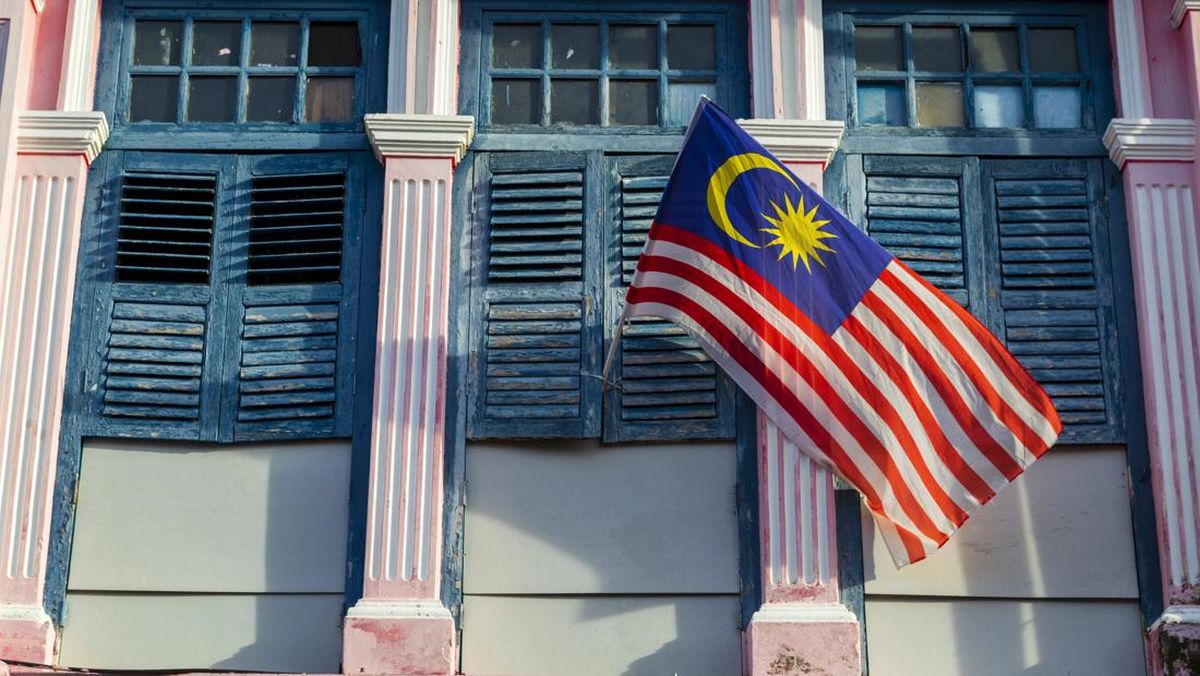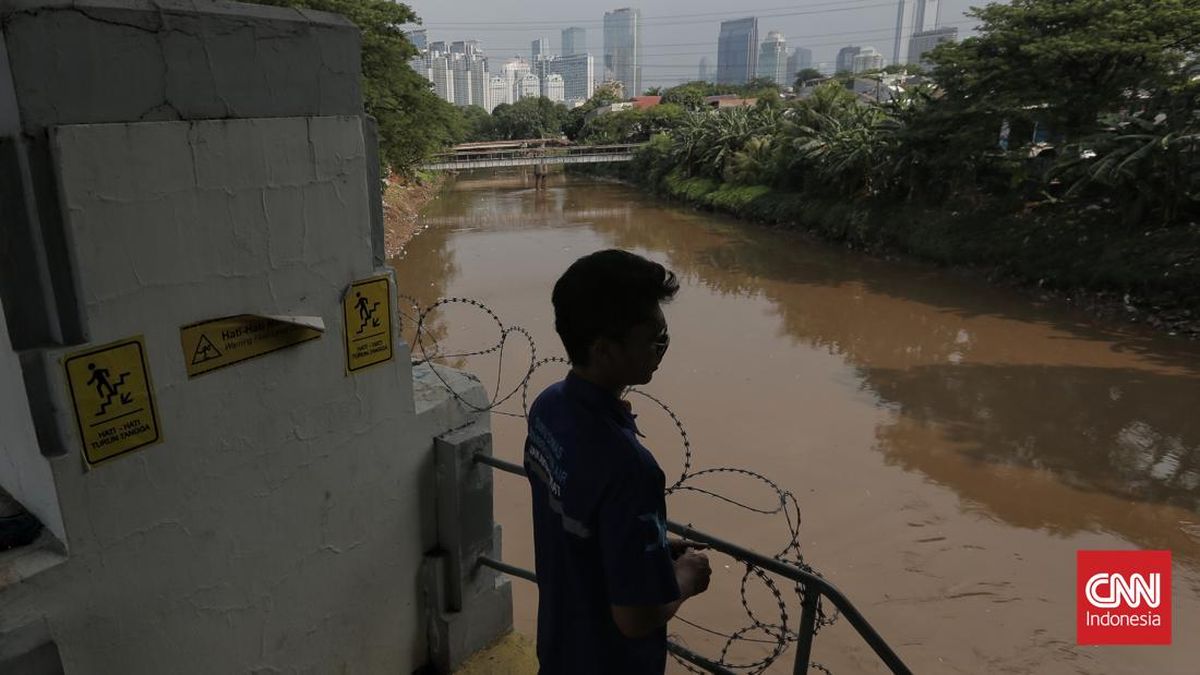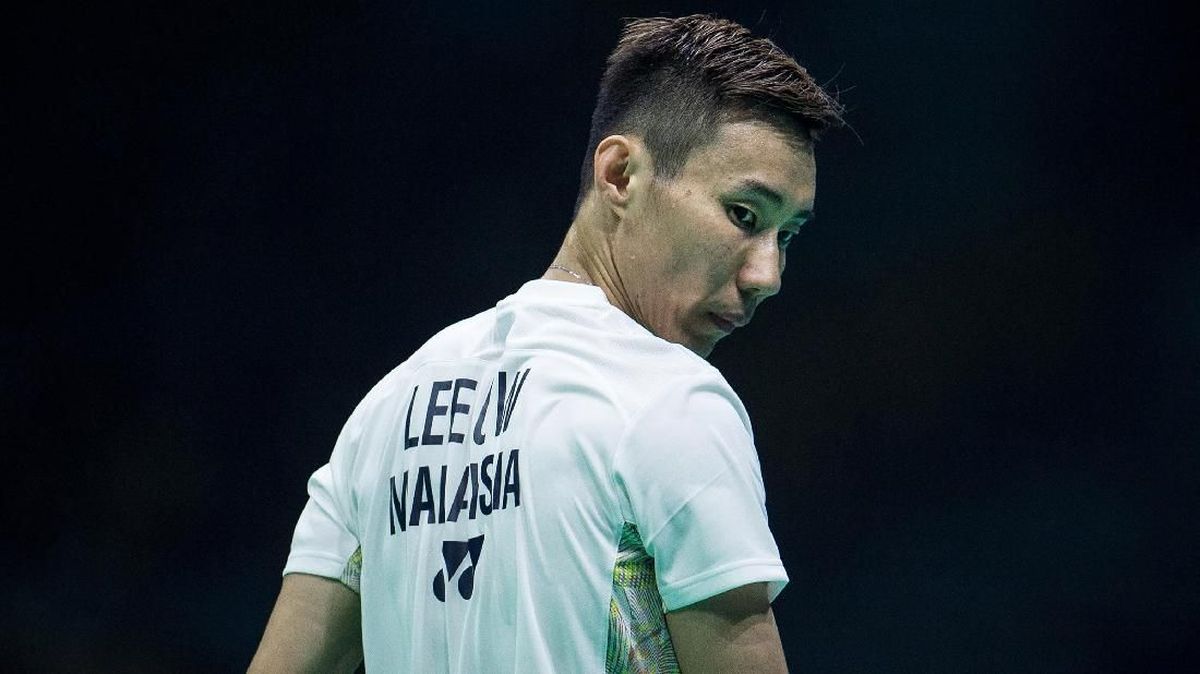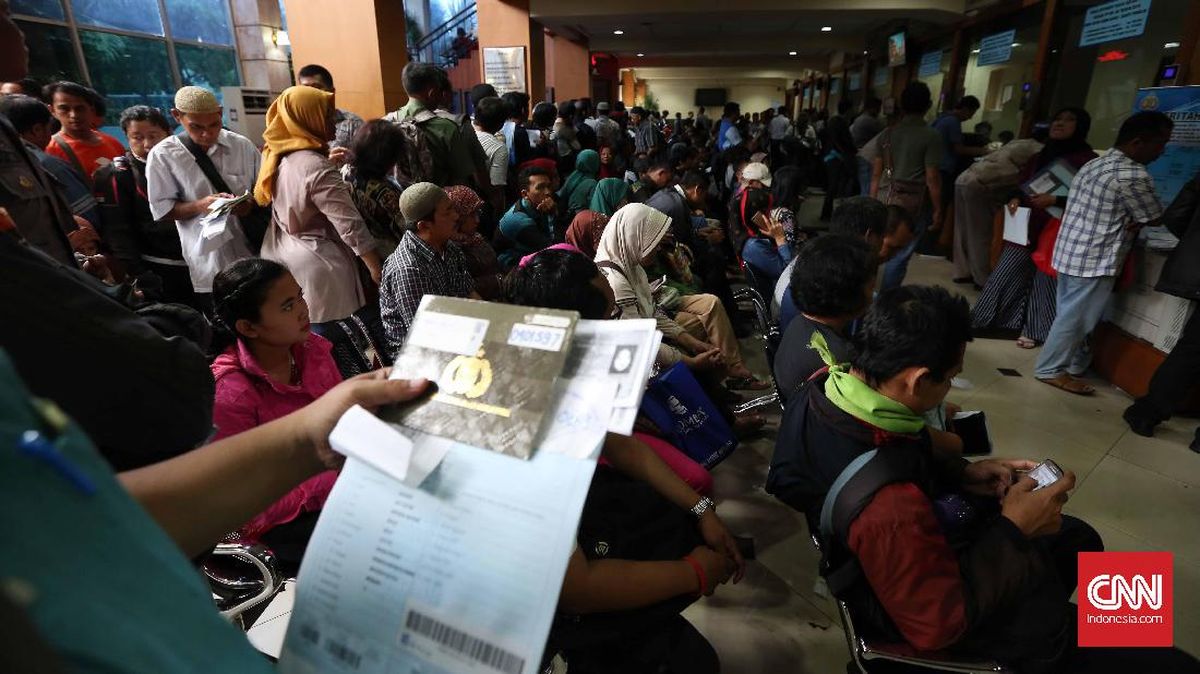Singapore: US President Donald Trump said he would meet with Chinese leader Xi Jinping on the sidelines of a summit in South Korea next month, declaring the pair had reached a deal on TikTok’s future and made progress on broader trade talks during a phone call on Friday.
The call marked the first time the leaders had spoken since June, as both sides look to broker a lasting trade deal after pausing the sky-high tariffs that had effectively halted the exchange of goods between the two countries earlier this year.

US President Donald Trump speaking with reporters aboard Air Force One after departing the United Kingdom.Credit: AP
“We made progress on many very important issues including Trade, Fentanyl, the need to bring the War between Russia and Ukraine to an end, and the approval of the TikTok Deal,” Trump posted on Truth Social on Friday after the phone call.
Trump had been seeking Xi’s endorsement of a framework deal reached earlier this week by their trade negotiators that would see TikTok’s Chinese parent company ByteDance hand control of its US operations to a consortium of American companies.
The specifics of the proposed deal, including which companies would seek to buy the app used by more than 170 million Americans and who would control its powerful algorithm, have not been made public.
While Trump claimed he had secured Xi’s support for a TikTok deal, the Chinese side’s account of the phone call was less definitive on the issue, instead noting that Xi had welcomed the commercial negotiations providing any solution complied with Chinese laws.

Indonesian President Prabowo Subianto, Russian President Vladimir Putin, Chinese President Xi Jinping and North Korean leader Kim Jong-un at a military parade marking the 80th anniversary of the end of World War II at Tiananmen Square in Beijing.Credit: AP
Trump described the call as “very productive” and said he would meet with Xi at the Asia-Pacific Economic Cooperation (APEC) in Seoul in late October and would travel to China early next year. Xi would then visit the United States “at an appropriate time”.
Xi said the call was “pragmatic, positive and constructive”, according to an official account of the phone call by China’s Xinhua News Agency, which made no mention of Xi approving a TikTok deal or the upcoming meeting with Trump.
“The Chinese government respects the wishes of companies and welcomes them to conduct commercial negotiations based on market rules and reach solutions that comply with Chinese laws and regulations and balance interests,” Xi said during the phone call, repeating a position previously articulated by the Chinese government.
Xi said that China hoped the US would provide an “open, fair, and non-discriminatory” business environment for Chinese companies to invest in the US.
He also urged the US to top taking “unilateral trade restrictive measures to prevent undermining the achievements made through multiple rounds of consultations”.
The future of TikTok has been under a cloud since last year, when Congress passed a law requiring the app’s US operations to be divested, or face a ban on national security grounds.
According to reports by The Wall Street Journal, US and Chinese officials have been discussing a divestiture of TikTok that would involve a new US entity being created to operate the app, with ByteDance’s ownership dropping below 20 per cent and new investors and existing backers controlling the other 80 per cent.
Even with Xi’s approval of TikTok’s reconfiguration, there are many other unresolved points of trade tensions that US and Chinese officials have attempted to work through over four rounds of talks in European cities between May and September.
Loading
Key sticking points include US demands for China to do more to curb the export of fentanyl-related chemicals and a push for China to buy more US goods, particularly soybeans, to address what Trump perceives as an unfair trade deficit.
The two sides are also in fierce competition over semiconductors and AI chips, with Trump lifting an export ban on Nvidia’s H20 chip only for China to launch an anti-monopoly investigation into the US chip giant.
The trade negotiations have proceeded against the backdrop of rolling 90-day extensions to a tariff truce and a pause on some export controls. This was brokered after Trump hit Chinese imports with duties of 145 per cent, sparking retaliation from Beijing that spiralled into triple digits and an export ban on rare earths used in high-tech products from smartphones to electrical vehicles and fighter jets.
Washington, in return, blocked Beijing’s access to chip design software, jet engine parts, and imposed new student visa restrictions.
Both sides agreed to step back from the brink in May, with the US relaxing its tariff rate to 30 per cent and China adopting a 10 per cent tariff rate during the negotiations. The next 90-day deadline expires in November.
with Michael Koziol
Get a note directly from our foreign correspondents on what’s making headlines around the world. Sign up for our weekly What in the World newsletter.
Most Viewed in World
Loading

















































